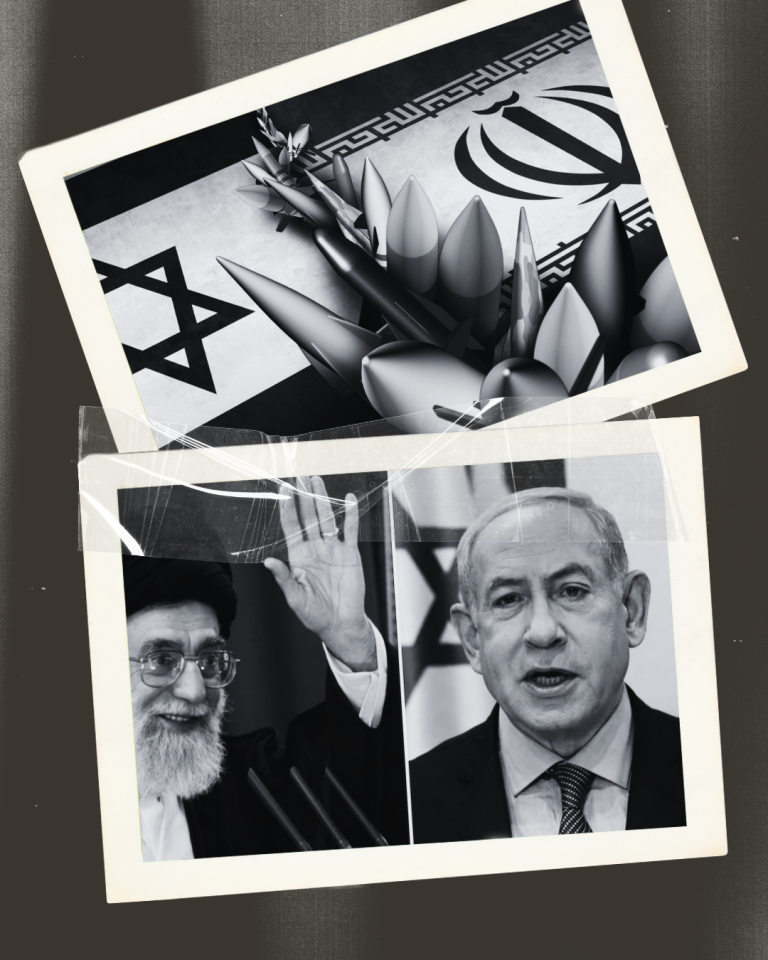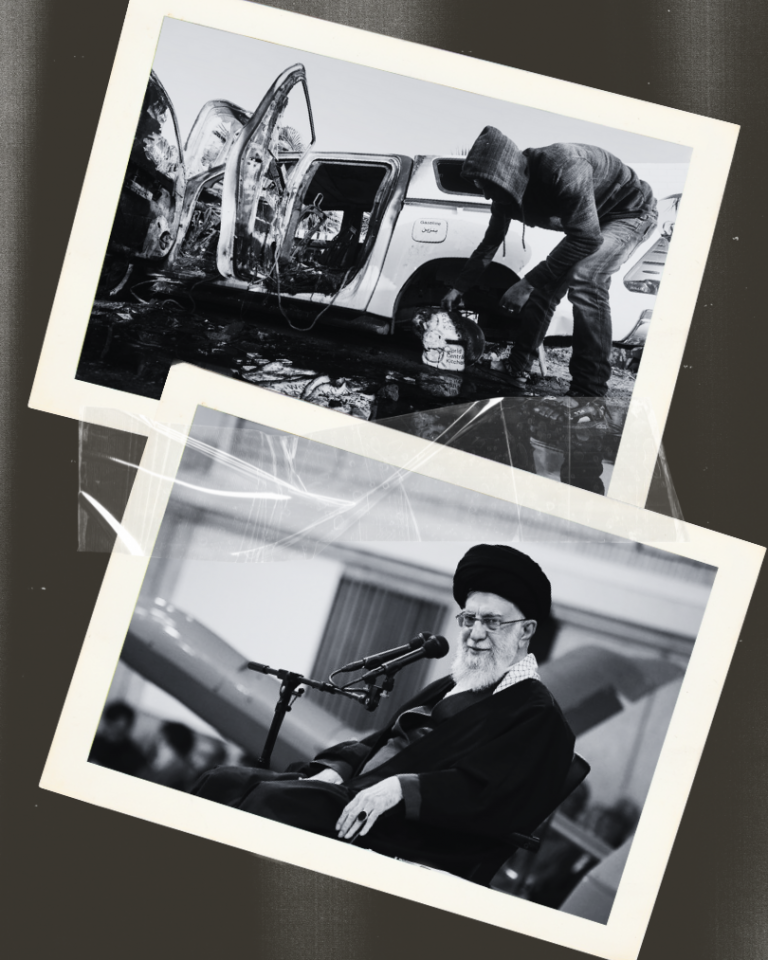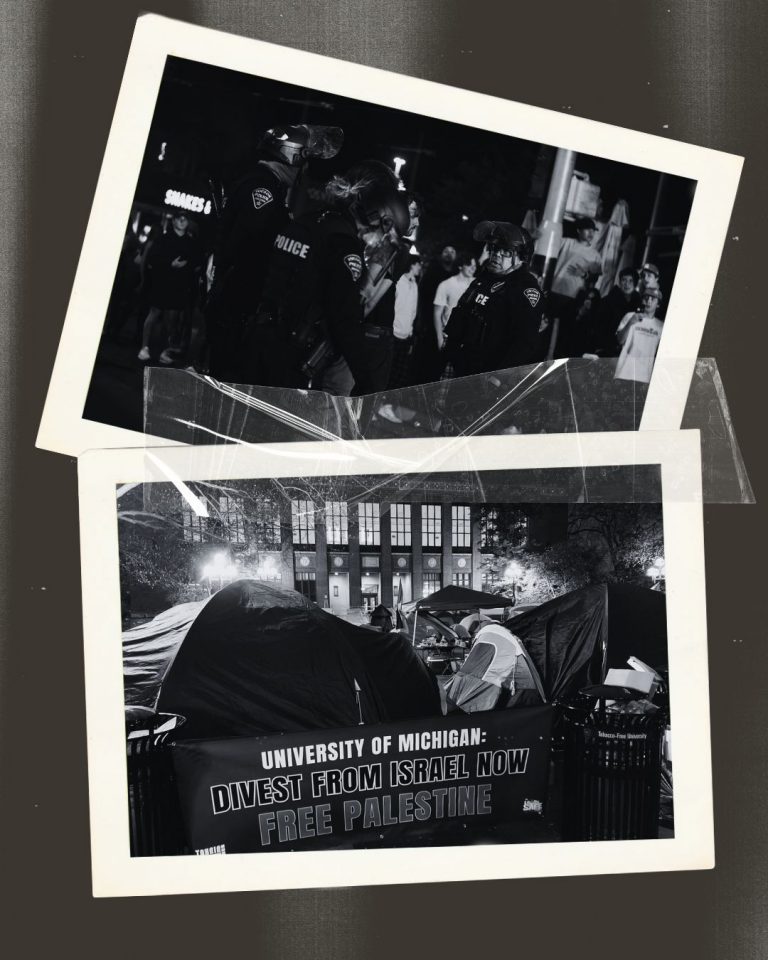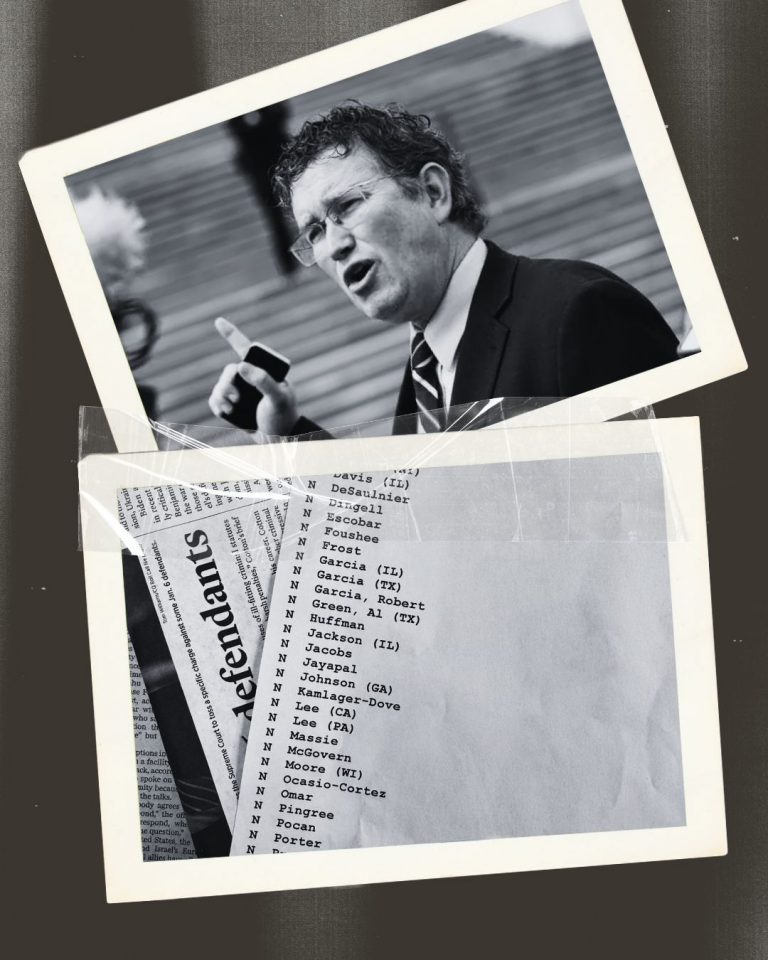Elon Musk vs. Governments: A Battle for the Soul of the Internet
Elon Musk is right in the middle of some fiery legal tussles with the governments of Brazil and Australia over how he manages content on his social media platform, X (formerly Twitter). These battles aren’t just about the details of internet law; they touch on the gigantic issue of who gets to decide what we can share and say online.
Musk’s Stand Against Government Overreach
In Brazil, the authorities have been clamping down on accounts they associate with far-right activities, tagging them as spreaders of misinformation and hate speech. When the Brazilian Supreme Court Justice Alexandre de Moraes ordered the banning of 150 accounts linked to these groups, Musk jumped into the fray. He blasted the bans as “aggressive censorship” and has even challenged them in court. He’s standing up to what he sees as an abuse of power, where the government might be squashing dissenting voices under the guise of fighting fake news.
The Australian Controversy Explained
Down in Australia, the situation sparked when violence broke out during a livestreamed event at a church in Sydney. The eSafety Commissioner of Australia, Julie Inman Grant, didn’t just want the gruesome videos taken down locally; she wanted them gone from the internet worldwide. While companies like Meta followed her orders, Musk only agreed to block the content in Australia. He argued that if we let one country dictate global internet rules, we might as well hand over the keys to the internet to the most restrictive regimes out there.
Why This Matters to Me
I’m with Musk on this one. The idea that a government—or any powerful group—could manipulate control over what’s said online is downright scary. It gives them too much power and could lead to even more authoritarian behavior, stifling any dissent. Freedom to speak, to question, and to challenge ideas is the bedrock of democracy. If we lose that, we’re just left echoing whatever the powers-that-be want us to think.
No single group should have the monopoly on truth. History is full of examples where controlling the narrative has led to terrible consequences. By ensuring people can express their views, even if those views are flawed or misleading, we keep the dialogue open. This openness is what helps us sift through the noise and get closer to the truth.
What Lies Ahead
These court battles Musk is fighting are more than just legal skirmishes—they could set the tone for how free the internet will be in the future. Will it remain a sprawling, chaotic place where ideas can be freely exchanged? Or will it become a tightly controlled space where only certain “approved” messages get through?
As these cases unfold, they’ll likely influence how other governments and companies approach the issue of online speech. It’s crucial we pay attention and stay involved in this conversation because the outcome will affect us all, shaping the digital world we’ll navigate in the future.







